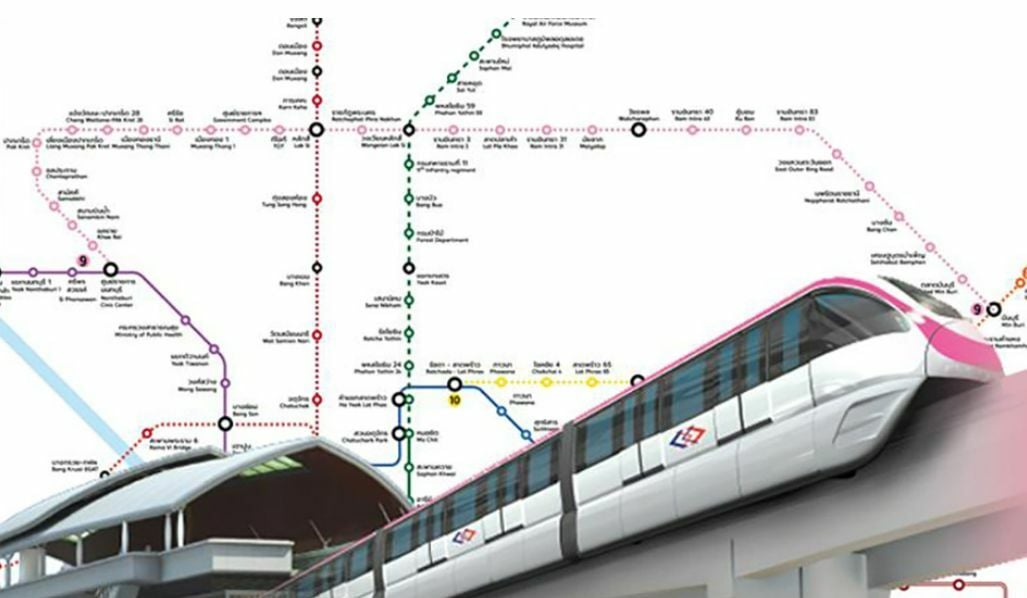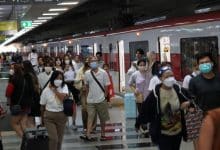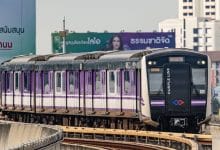Pink Line monorail: Thailand’s consumer council pushes for 20 baht fare cap

The Thailand Consumers Council (TCC) is pressing for a fare cap of 20 baht per trip on the impending Pink Line monorail. This monorail, whose commercial service launch is planned for December 18, would then comply with the current Red and Purple Line services’ rates. This is part of the government’s strategy to alleviate living costs.
During the trial phase of the Pink Line monorail service, which spans 34.5 kilometres, passengers are being offered free rides. This new line establishes a connection between Min Buri, situated in the Eastern part of Bangkok, and Khae Rai, located in Nonthaburi.
Saree Aungsomwang, the TCC’s secretary-general, suggested a maximum fare of 20 baht as a fitting rate. She based this recommendation on the results of three separate studies analysing the actual operating costs of Thailand’s existing electric rail services.
One study performed by the TCC revealed that the average operating cost of Bangkok’s electric rail services ranges between 10.10 and 16.30 baht per trip. Meanwhile, another study by the Bangkok Metropolitan Administration (BMA) found that the average operating cost for these services is approximately 11 to 13 baht per trip.
An additional study by the Department of Rail Transport indicated that over a 30-year period, the average operating cost for an electric rail service is 14.31 baht per trip for a conventional rail system, as well as for a monorail service, reported Bangkok Post.
Saree criticised a proposal to charge Pink Line monorail passengers between 15 and 45 baht per trip, which is anticipated to be presented for Cabinet approval, as excessively high. This is particularly true given the current rise in living costs.
The TCC’s campaign focuses on providing affordable electric rail services for the majority of daily commuters, said Saree. By encouraging more commuters to use public transport services daily, there will be a significant decrease in air pollution from traffic emissions, as well as commuting time. She cited information from the Ministry of Transport, which states this could result in an economic and social return of up to 952.23 million baht per year.
Latest Thailand News
Follow The Thaiger on Google News:


























